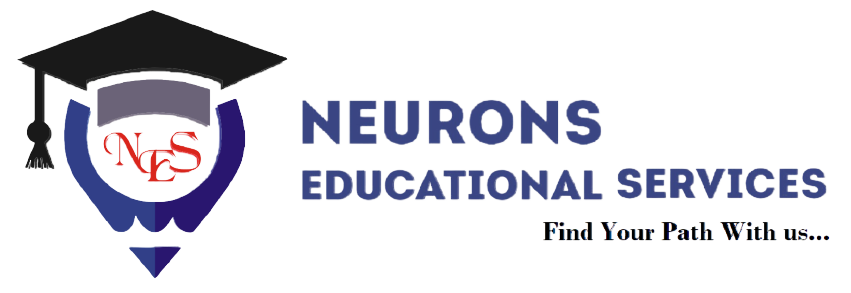


Pursuing a medical education abroad can be a rewarding and transformative experience for international students. It offers the opportunity to learn from diverse perspectives, access cutting-edge research, and gain exposure to different healthcare systems. However, the journey of international medical students is not without its hurdles. From adapting to a new culture to navigating complex academic systems, international medical students encounter unique challenges. In this blog, we will explore some of these obstacles and provide actionable tips on how to overcome them.
Language Barriers:
One of the primary challenges faced by international medical students is language proficiency. Many countries conduct medical education in their native language, which can be overwhelming for those who are not fluent. Misunderstandings due to language barriers can lead to ineffective communication, affecting both studies and clinical experiences.
Overcoming Tip:
- Prioritize language proficiency:Before commencing your medical studies, invest time in language courses or language exchange programs. Practicing conversational skills with native speakers can significantly improve your proficiency.
- Utilize language resources:Make use of language-learning apps, online courses, and language centers within your university to hone your language skills further.
Cultural Adjustment:
Moving to a foreign country comes with the challenge of cultural adjustment. International medical students may experience culture shock, homesickness, or difficulty adapting to new customs, traditions, and social norms.
Overcoming Tip:
- Embrace cultural diversity:Engage in cultural events, join international student organizations, and interact with local students to understand and appreciate the diversity around you.
- Stay connected with home:Regular video calls with family and friends back home can provide emotional support and help you cope with homesickness.
Academic Rigor:
Medical education is known for its demanding curriculum and rigorous coursework. International medical students may face difficulties in acclimating to the academic standards and teaching methods of a foreign institution.
Overcoming Tip:
- Seek academic support:Take advantage of tutoring services, peer study groups, and faculty office hours to clarify doubts and reinforce your understanding of complex topics.
- Time management:Develop effective time management strategies to balance academics, personal life, and extracurricular activities.
Financial Constraints:
Studying abroad can be financially challenging, with international students often facing higher tuition fees and living expenses.
Overcoming Tip:
- Research scholarships and grants:Explore scholarships, grants, and financial aid options specifically available to international medical students.
- Part-time jobs:Check if your study visa allows for part-time work, and consider taking up on-campus jobs to supplement your income.
Health Insurance and Medical Care:
Navigating a new healthcare system can be daunting for international medical students. Understanding health insurance coverage and accessing quality medical care may be unfamiliar territory.
Overcoming Tip:
- Understand health insurance policies:horoughly research your health insurance coverage and familiarize yourself with the process of availing medical services.
- Utilize university health services: Most universities provide healthcare facilities on campus, which can offer convenient and affordable medical care.
Licensing and Residency Challenges:
For international medical students aspiring to practice in the host country or elsewhere, obtaining medical licensure and securing a residency position can be a complex and competitive process.
Overcoming Tip:
- Early planning:Research licensing requirements and residency application processes well in advance, so you can meet the necessary criteria during your studies.
- Network and build connections:Attend medical conferences, workshops, and networking events to connect with practicing physicians and potential mentors who can guide you through the licensing process.
Conclusion:
While pursuing medical education abroad as an international student can present numerous challenges, it is essential to remember that with perseverance, determination, and the right support, these obstacles can be overcome. Embrace the experience as an opportunity for personal growth, cultural enrichment, and the development of invaluable skills that will benefit your medical career in the long run. With a positive attitude and a proactive approach, international medical students can thrive academically, professionally, and personally during their time abroad.













